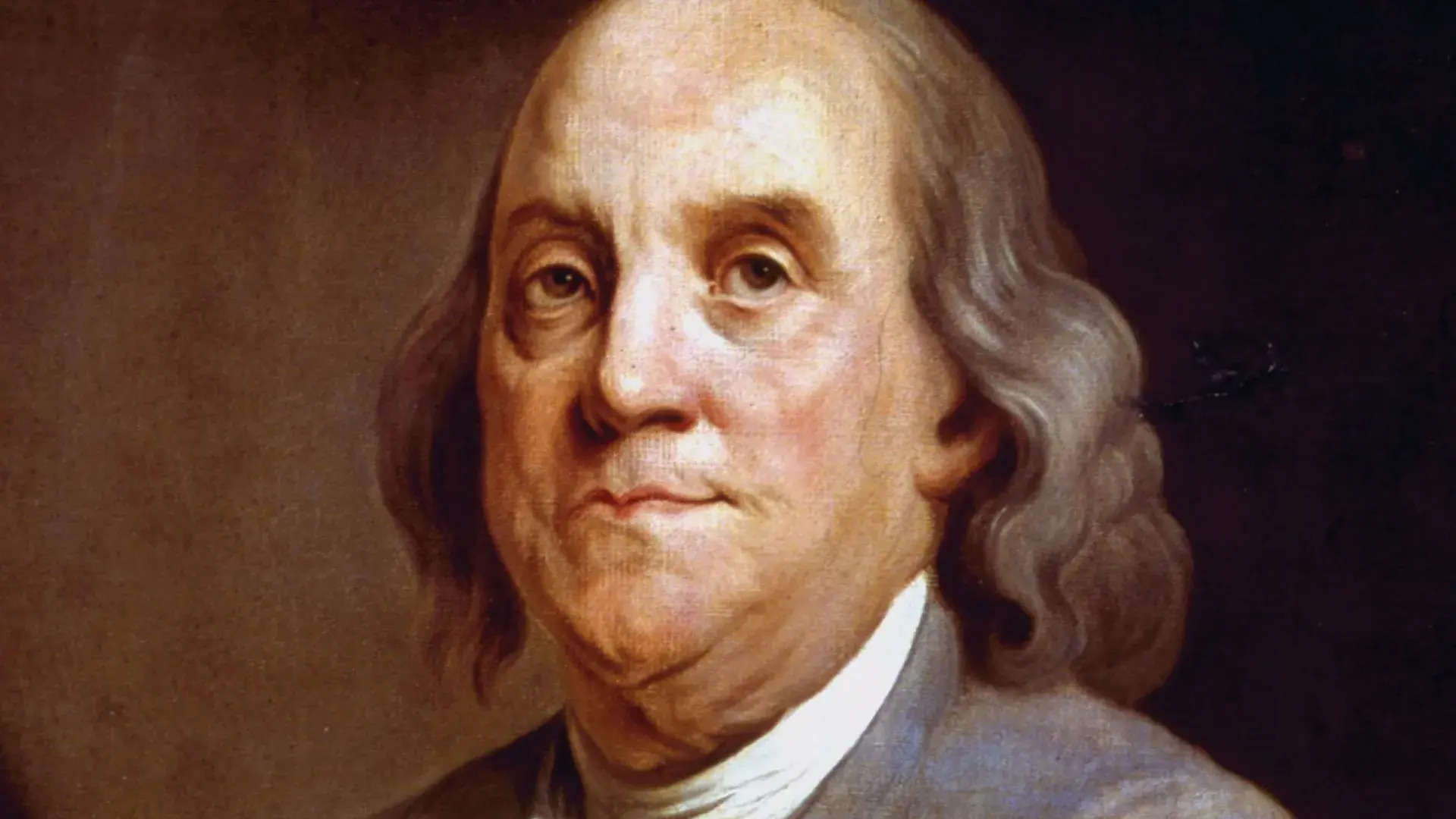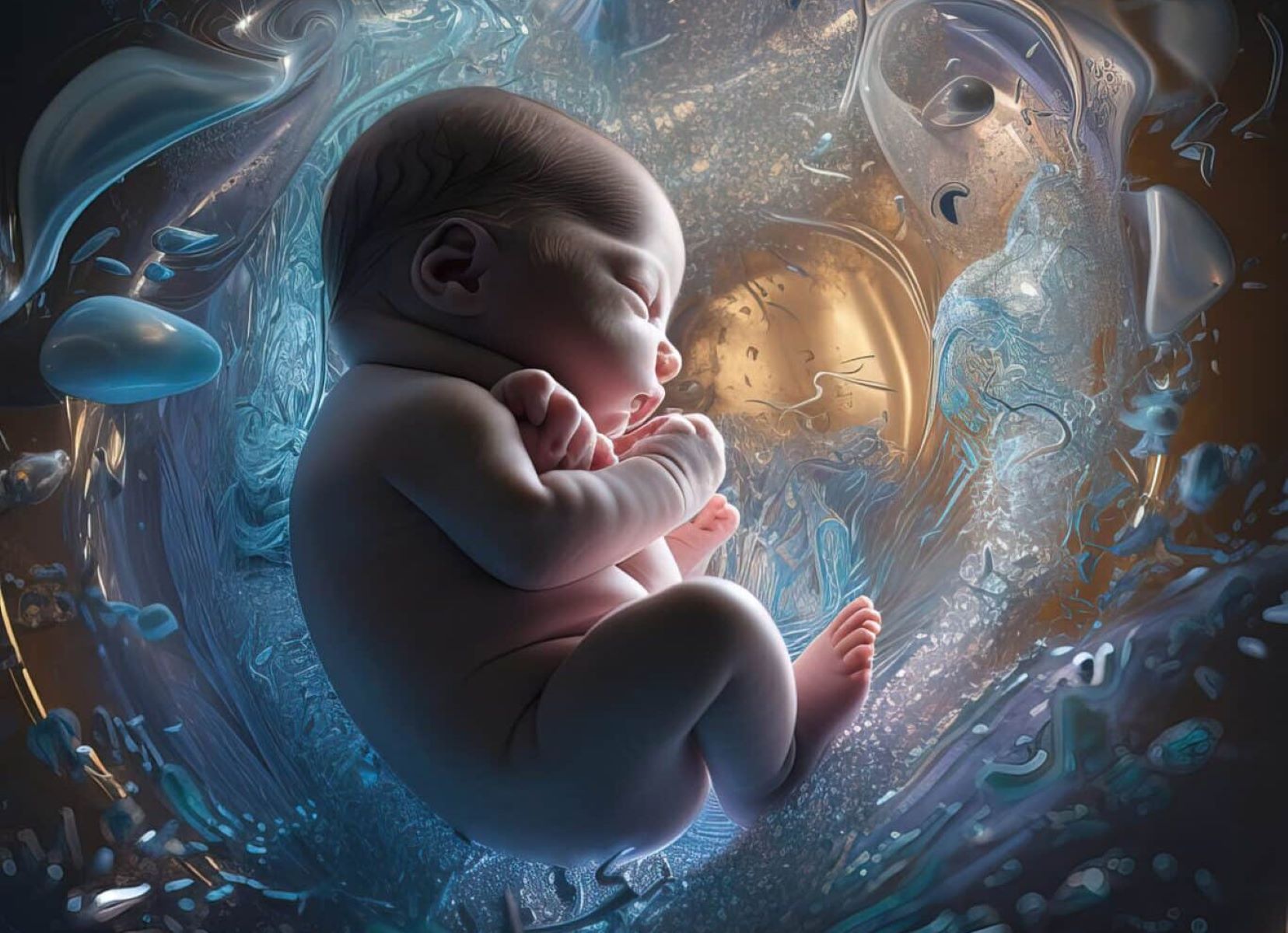
Benjamin Franklin was a man of many talents. He wasn't just one of the Founding Fathers of the United States; he was also an inventor, writer, diplomat, and scientist. Ever wondered who invented the lightning rod? That was Franklin. He also founded the first public library in America. But did you know he never patented any of his inventions? Franklin believed in sharing knowledge freely. He even started the first fire department in Philadelphia. His curiosity and drive for improvement touched almost every aspect of life. Ready to learn more? Here are 34 intriguing facts about this remarkable man.
Key Takeaways:
- Ben Franklin, a true Renaissance man, invented the lightning rod, bifocal glasses, and the Franklin stove. His legacy lives on in the $100 bill and his enduring impact on society.
- From founding the first volunteer fire department to his scientific discoveries, Ben Franklin's contributions to society and his witty humor continue to inspire and shape the world today.
Early Life and Education
Benjamin Franklin's early years were filled with curiosity and learning. His journey from a humble beginning to becoming a renowned polymath is truly inspiring.
- Born on January 17, 1706, in Boston, Massachusetts, Franklin was the 15th of 17 children.
- His father, Josiah Franklin, was a candle and soap maker.
- Franklin attended Boston Latin School but did not graduate; he continued his education through voracious reading.
- At 12, he became an apprentice to his brother James, a printer, which sparked his lifelong love for writing and publishing.
Inventions and Discoveries
Franklin's inventive mind led to numerous creations and discoveries that have had a lasting impact on society.
- He invented the lightning rod, which protects buildings from lightning strikes.
- The Franklin stove, designed by him, provided more efficient heating for homes.
- Bifocal glasses, another of his inventions, helped people see both near and far without switching lenses.
- He discovered the Gulf Stream, a powerful Atlantic Ocean current, which improved navigation for sailors.
- Franklin also invented the glass armonica, a musical instrument that uses glass bowls to produce sound.
Political Career and Contributions
Franklin played a crucial role in the formation of the United States, contributing significantly to its political landscape.
- He was a member of the Committee of Five that drafted the Declaration of Independence.
- Franklin served as the first United States Postmaster General, improving the postal system.
- He was a key diplomat in securing French support during the American Revolution.
- Franklin signed both the Declaration of Independence and the U.S. Constitution.
- He helped negotiate the Treaty of Paris in 1783, which ended the American Revolutionary War.
Scientific Endeavors
Franklin's scientific pursuits were as diverse as they were groundbreaking, showcasing his insatiable curiosity.
- He conducted famous experiments with electricity, including the kite experiment, proving that lightning is electrical.
- Franklin coined several electrical terms still in use today, such as "battery," "conductor," and "electrician."
- He proposed the concept of positive and negative electrical charges.
- Franklin's work with electricity earned him the Copley Medal from the Royal Society in 1753.
- He studied ocean currents, weather patterns, and even the common cold, contributing to various scientific fields.
Literary Contributions
Franklin's literary talents extended beyond his inventions and scientific work, influencing American literature and thought.
- He published "Poor Richard's Almanack," a yearly publication filled with proverbs and advice, under the pseudonym Richard Saunders.
- Franklin's autobiography, written in several parts, remains a classic of American literature.
- He founded the Library Company of Philadelphia, one of the first subscription libraries in America.
- Franklin's essays and articles covered a wide range of topics, from politics to personal finance.
- He also founded the American Philosophical Society, promoting scholarly research and knowledge sharing.
Social and Civic Contributions
Franklin's impact on society extended to various social and civic initiatives, reflecting his commitment to public service.
- He established the first volunteer fire department in Philadelphia, known as the Union Fire Company.
- Franklin founded the University of Pennsylvania, one of the first nonsectarian colleges in America.
- He played a key role in founding Pennsylvania Hospital, the first hospital in the United States.
- Franklin advocated for public education and helped establish the first public library in Philadelphia.
- He was a strong proponent of civic virtues, emphasizing the importance of community involvement and public service.
Personal Life and Legacy
Franklin's personal life was as fascinating as his professional achievements, leaving a lasting legacy.
- He married Deborah Read in 1730, and they had two children together, Francis and Sarah.
- Franklin had an illegitimate son, William, who later became the Royal Governor of New Jersey.
- He was known for his wit and humor, often using satire to address serious issues.
- Franklin's face appears on the U.S. $100 bill, a testament to his enduring legacy.
- He passed away on April 17, 1790, at the age of 84, leaving behind a legacy of innovation, wisdom, and public service.
Franklin's Legacy Lives On
Ben Franklin's life was packed with inventions, discoveries, and wisdom. From his role in drafting the Declaration of Independence to his experiments with electricity, Franklin's contributions shaped the world. His curiosity and ingenuity made him a true Renaissance man.
Franklin's influence extends beyond his lifetime. His inventions like the lightning rod and bifocals still benefit us today. His writings continue to inspire, offering timeless advice on frugality, hard work, and education.
Remember, Franklin wasn't just a founding father; he was a scientist, inventor, diplomat, and philosopher. His legacy reminds us that one person can indeed make a significant impact. So next time you use a lightning rod or read a witty proverb, think of Ben Franklin and his enduring contributions to society.
Frequently Asked Questions
Was this page helpful?
Our commitment to delivering trustworthy and engaging content is at the heart of what we do. Each fact on our site is contributed by real users like you, bringing a wealth of diverse insights and information. To ensure the highest standards of accuracy and reliability, our dedicated editors meticulously review each submission. This process guarantees that the facts we share are not only fascinating but also credible. Trust in our commitment to quality and authenticity as you explore and learn with us.


